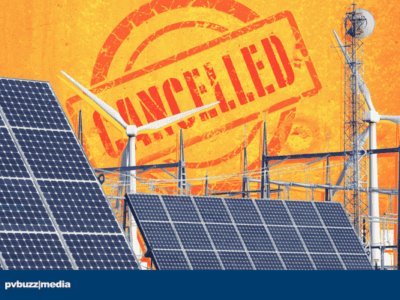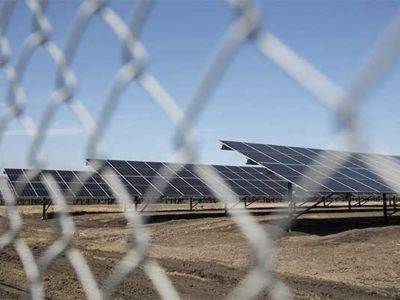BP’s annual energy review reveals that global wind and solar energy capacity grew at a record rate last year, while the oil industry recorded its steepest slump in demand since the second world war.
The report finds that the impacts of pandemic lockdowns on the energy industry led carbon emissions to plummet by 6% on the year before, the sharpest decline since 1945.
However, the report says the pandemic’s impact on carbon emissions needs to be replicated every year for the next three decades if governments hope to limit global heating to 1.5C above pre-industrial levels.
BP chief economist Spencer Dale said that much of the dip in emissions was likely to prove transitory and there was no sign of the decisive shift envisaged to meet climate targets.
Dale added that the trends we’re seeing here are exactly the trends we’d want to see as the world transitions to net-zero – strong growth in renewables. Crowding out coal is exactly what the world needs to see.
Dale continued to say that the increase in installed capacity last year was 50% bigger than at any time seen in history, despite the world (being) in turmoil, despite the largest peace-time recession.
The report also notes that coal consumption fell by 4.2%, led by declines in the US and India. OECD coal demand fell to its lowest level since at least 1965 when BP started collecting the data. But its use in power generation is still relatively robust, only falling to 2015 levels.














Comments